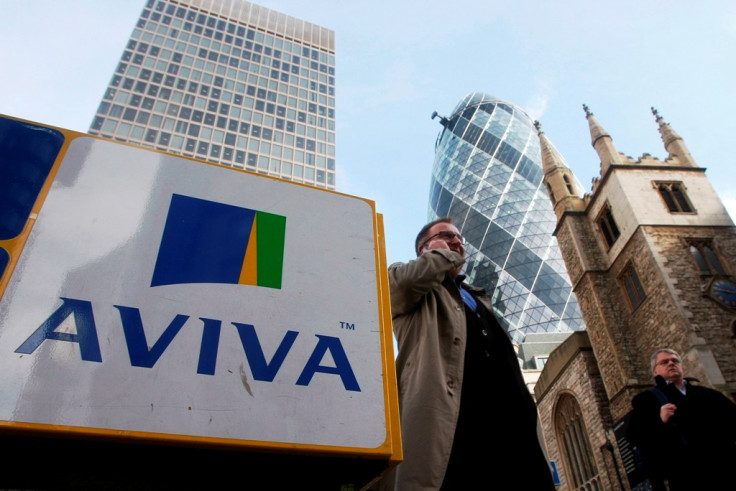Aviva property fund to remain frozen for at least '6 to 8 months'
Move, instituted due to panicked withdrawals by investors after Brexit vote, unlikely to end in 2016.

Investment manager Aviva has said the freeze of its property fund is likely to be in place for at least six to eight months, following panicked withdrawals by investors last month, after the UK voted to leave the European Union in a referendum on 23 June. In a note to clients, the FTSE 100 company said: "Property sales may be more difficult to execute in the current environment due to market uncertainty. In disposing of properties, we need to ensure we act in the best interests of all investors.
"The suspension is therefore likely to be in place for a period of at least six to eight months from the date of suspension. We will continue to monitor liquidity on a daily basis."
Aviva said a range of factors, including investors reducing their overall exposure to property, and uncertainty around the EU referendum, resulted in a substantial increase in requests to sell units in the fund.
"As it takes considerable time to sell properties we had to suspend dealing until the amount of cash held in the Trust increases. Temporarily suspending dealing in the Trust enables us to manage this situation in a fairer and more controlled way. By taking a little longer we hope to sell properties at more competitive prices so that we can act in the best interests of all investors."
The announcement makes Aviva the first property fund manager to put a time frame on how long the trading suspension may last. Several other funds remain suspended. Last week Standard Life's chief financial officer Luke Savage told IBTimes UK it was reviewing its own property fund every 28 days.
Laith Khalaf, senior analyst Hargreaves Lansdown, said: "The wider question is whether this time frame applies across the rest of the sector, and property fund investors would no doubt welcome similar guidance from other suspended funds as to when they might open again, so at least expectations can be set accordingly.
"Once again this highlights the problems of investing in an illiquid asset class via an open-ended fund which offers liquidity on a daily basis, until it's forced to shut up shop at least."
© Copyright IBTimes 2025. All rights reserved.






















